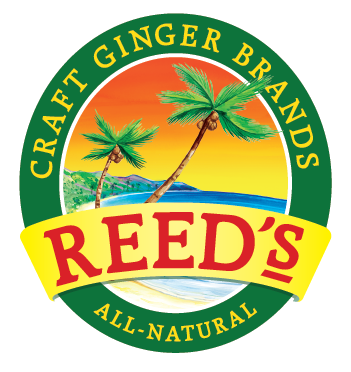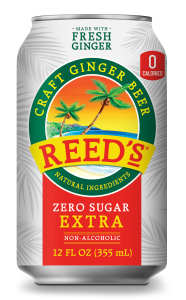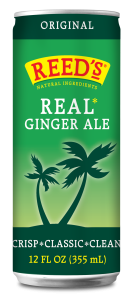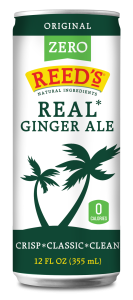In recent years, there has been a remarkable shift in consumer preferences towards healthier, more sustainable food choices. This trend has propelled the natural foods market into a period of unprecedented growth and expansion. From organic produce and plant-based alternatives to clean-label snacks and functional foods, the demand for natural and wholesome products continues to soar. So, what exactly is driving this surge in the natural foods market? Let’s explore some key factors contributing to its rapid growth.
1. Increasing Health Consciousness:
As people become more informed about the connection between diet and health, there’s a growing emphasis on consuming foods that promote overall well-being. Natural foods, which are minimally processed and free from artificial additives, appeal to health-conscious consumers seeking nutritious options to support their lifestyle goals. With concerns about chronic diseases, obesity, and the importance of preventive healthcare on the rise, many individuals are turning to natural foods as a cornerstone of their healthy eating regimen.
2. Preference for Clean Label Products:
Consumers are becoming increasingly discerning about the ingredients in their food and beverages, opting for products with simple, recognizable ingredients and transparent labeling. Natural foods typically feature clean label attributes, with a focus on whole, unprocessed ingredients that are free from artificial colors, flavors, and preservatives. This transparency resonates with consumers who prioritize purity, authenticity, and food safety, driving demand for natural and minimally processed products.
3. Environmental and Sustainability Concerns:
The environmental impact of food production and consumption is a growing concern for many consumers, driving interest in sustainable and eco-friendly food options. Natural foods, particularly those sourced from organic and regenerative farming practices, are perceived as more environmentally responsible choices. By supporting sustainable agriculture and ethical food production, consumers can reduce their carbon footprint and contribute to a healthier planet, aligning with their values and beliefs.
4. Rise of Plant-Based Eating:
The popularity of plant-based diets is on the rise, driven by concerns about animal welfare, health, and environmental sustainability. As more people adopt flexitarian, vegetarian, and vegan lifestyles, there’s a growing demand for plant-based alternatives to traditional animal-derived products. Natural foods, including plant-based proteins, dairy alternatives, and meat substitutes, cater to this burgeoning market segment, offering nutritious and flavorful options for plant-forward consumers.
5. Innovation and Product Diversity:
The natural foods market is characterized by innovation and product diversity, with manufacturers continually introducing new and exciting offerings to meet evolving consumer preferences. From functional foods and superfood supplements to artisanal snacks and gourmet condiments, there’s a wide array of natural products available to suit every taste and dietary need. This constant stream of innovation fuels consumer interest and drives market growth, creating opportunities for brands to differentiate themselves and capture market share.
6. Accessibility and Convenience:
Advancements in distribution channels and e-commerce platforms have made natural foods more accessible and convenient for consumers. Whether shopping at specialty health food stores, supermarkets, or online retailers, consumers have greater access to a diverse selection of natural products than ever before. The convenience of online shopping, coupled with home delivery options and subscription services, further enhances the accessibility of natural foods, making it easier for consumers to incorporate them into their daily lives.
The natural foods market is experiencing a period of unprecedented growth, driven by factors such as increasing health consciousness, demand for clean label products, sustainability concerns, the rise of plant-based eating, innovation, and accessibility. As consumers seek healthier, more sustainable food choices that align with their values and lifestyle preferences, the natural foods market continues to expand and evolve, offering an exciting array of options to nourish body, mind, and planet. With its emphasis on wholesome ingredients, transparent labeling, and environmental responsibility, the natural foods market represents a positive shift towards a healthier, more sustainable food system for all.













